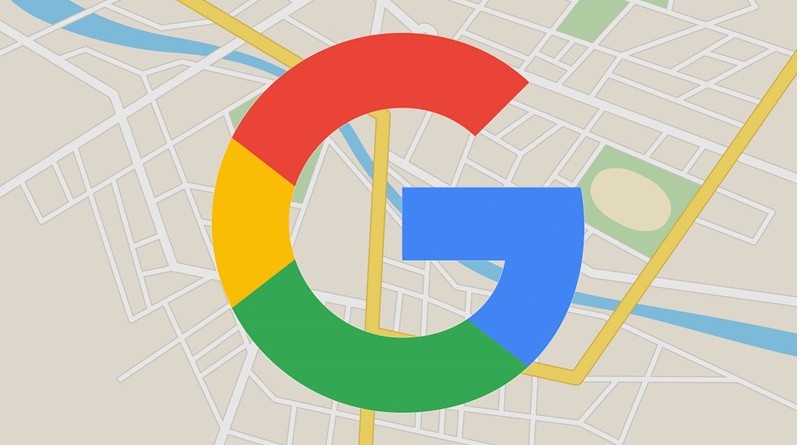36 US states file lawsuit against Google over antitrust laws violations
As many as 36 US states and Washington DC have filed a lawsuit against Google, alleging that the search engine giant’s control over its Android app store violates antitrust laws.
The lawsuit alleges that through a series of exclusionary contracts and other anticompetitive conduct in the Google Play Store, Google has deprived Android device users of robust competition that could lead to greater choice and innovation, as well as significantly lower prices for mobile apps.
New York Attorney General James and the coalition — co-led by the attorneys general of Utah, North Carolina, and Tennessee — also accuse Google of requiring app developers selling in-app digital content through apps purchased via Google’s Play Store to use Google Billing as a middleman, forcing app consumers to pay Google’s commission — up to 30 per cent — indefinitely.
“Google has served as the gatekeeper of the internet for many years, but, more recently, it has also become the gatekeeper of our digital devices — resulting in all of us paying more for the software we use every day,” James alleged.
“Once again, we are seeing Google use its dominance to illegally quash competition and profit to the tune of billions. Through its illegal conduct, the company has ensured that hundreds of millions of Android users turn to Google, and only Google, for the millions of applications they may choose to download to their phones and tablets,” she said.
“Worse yet, Google is squeezing the lifeblood out of millions of small businesses that are only seeking to compete. We are filing this lawsuit to end Google’s illegal monopoly power and finally give voice to millions of consumers and business owners,” James said.
The lawsuit alleges that Google imposes technical barriers that strongly discourage or completely prevent third-party app developers from distributing apps outside the Google Play Store.
Specifically, Google builds into Android a series of misleading security warnings and other barriers that discourage users from downloading apps from any source outside Google’s Play Store, effectively foreclosing app developers and app stores from direct distribution to consumers, it alleges.
Google has not allowed Android to serve as an “open source” for many years, effectively cutting off potential competition.
Google forces OEMs that wish to design their devices to use Android to enter into agreements called “Android Compatibility Commitments” or ACCs. Under these “take it or leave it” agreements, OEMs must promise not to create or implement any variants or versions of Android that deviate from the Google-certified version of Android, the lawsuit alleges.
The lawsuit alleges that Google “buys off” its potential competition in the market for app distribution.
“Google forces app developers and app users alike to use Google’s payment processing service — Google Play Billing — to process any payments for purchases of digital content made in apps obtained through the Google Play Store,” it said.
“Thus, Google is unlawfully tying the use of Google’s payment processor — which is a separate service within a separate market for payment processing within apps — to distribution through the Google Play Store. By forcing this tie, Google is able to extract an exorbitant processing fee for each transaction, as high as 30 per cent, and many times higher than payment processing fees charged in competitive markets,” it alleged




